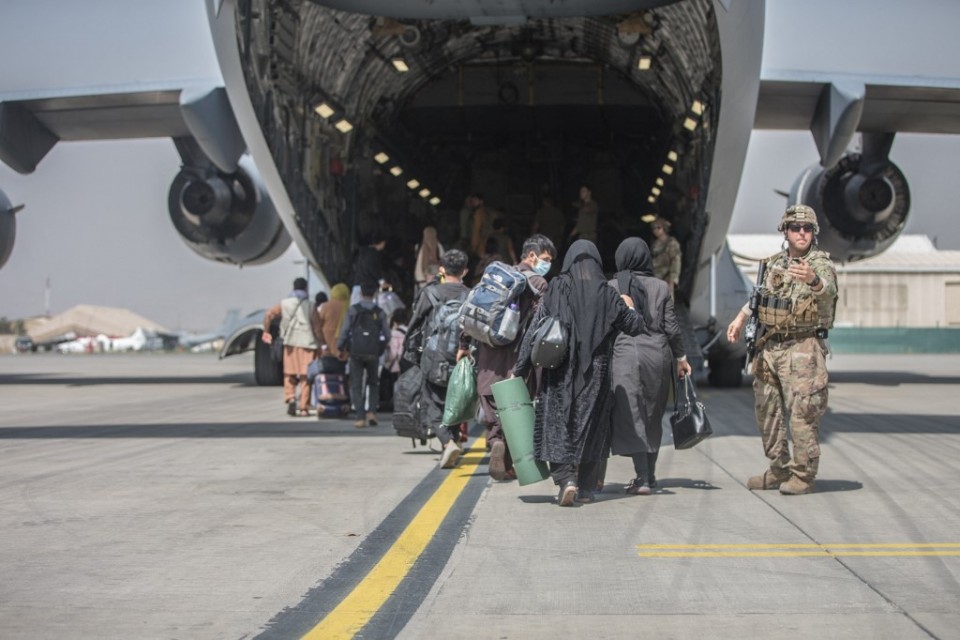

BERLIN, Germany (AFP) — Western allies will not be able to fly every Afghan who needs protection out of Kabul before the United States’ planned August 31 withdrawal deadline, German Foreign Minister Heiko Maas said on Tuesday.
“Even if (the evacuation) goes on until August 31 or even a few days longer, it will not be enough to allow those who we, or the United States, want to fly out,” Maas told Bild TV.
Allies must therefore plot out how they can keep getting people out of Afghanistan even if the military operation ends as scheduled.
G7 leaders are due to hold talks later Tuesday on the crisis triggered by the Taliban’s return to power, and European partners have urged Washington to push back the timeline on ending their deployment in Afghanistan.
If the August 31 deadline is kept, then the Americans “will certainly need two days to fly out their own military alone”, said Maas, thereby possibly bringing forward the last day for the civilian evacuation flights.
Germany has so far flown out around 3,800 people from Afghanistan in an operation described by the defence ministry as highly risky.
But Chancellor Angela Merkel’s government has come under heavy fire for misjudging the Taliban’s lightning advance, and for failing to evacuate Afghans who worked for its NATO deployment in the country early enough.
On Tuesday, Marcus Grotian, a German army officer heading the relief group Sponsorship Network for Afghan Local Forces, accused the government of using “bureaucratic tricks” to trim the number of Afghans who should qualify for protection.
Among the hurdles that local employees of German agencies had to clear was a requirement that they had worked in a German organisation in the last two years to get protection.
While the timeline was later extended for those who worked for the German army or security forces, it kept out others employed by other German agencies.
“Local employees are rejected because they worked for the wrong ministry at the wrong time,” he said, citing the case of a female worker for the development ministry who made it to Kabul airport but who was turned away by German soldiers.
“We are overwhelmed and bitter to a degree that it impossible to put in words,” said Grotian.
“We are morally wounded by our own government, and that is shameful.”
© Agence France-Presse
